Heartburn can be a troubling and uncomfortable condition for many. Finding the right foods that alleviate this discomfort is crucial. An alkaline diet is one method to combat heartburn, as it helps balance the body’s pH levels. Here, we present 11 gentle, alkaline-friendly foods to help you fight heartburn and feel better.
Bananas
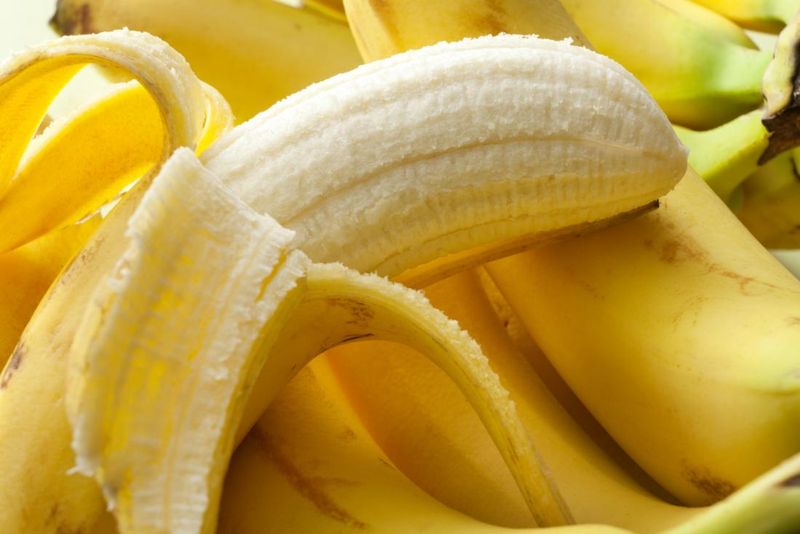
A banana a day keeps the heartburn away! These yellow wonders are not only nutritious but are incredibly gentle on the stomach. Their natural antacid effect can help soothe your esophagus. Rich in potassium, bananas not only keep acidity at bay but also promote heart health.
They are perfect for a quick snack or you can blend them into a smoothie for added benefits. Whether enjoyed alone or with a sprinkle of cinnamon, bananas are a versatile choice.
Fun fact: Bananas are technically berries and belong to the same family as lilies and orchids.
Almonds
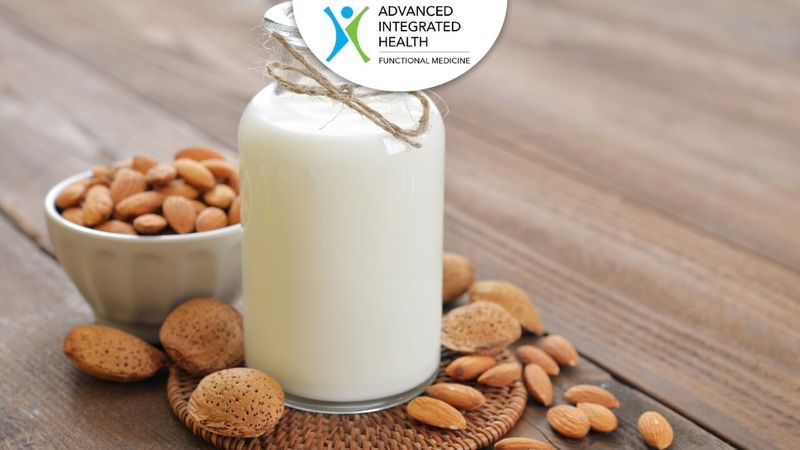
Crunchy, satisfying, and full of goodness, almonds are a fantastic choice to combat heartburn. They are alkaline-forming nuts, packed with essential nutrients like magnesium and vitamin E. These tiny powerhouses can aid in neutralizing stomach acids.
A handful of almonds can be a great afternoon snack to keep acidity at bay. Their healthy fats also promote heart health and satiety. Remember to choose unsalted raw almonds for maximum benefit.
Did you know? Almond milk can be a soothing alternative to cow’s milk for those with lactose intolerance.
Spinach
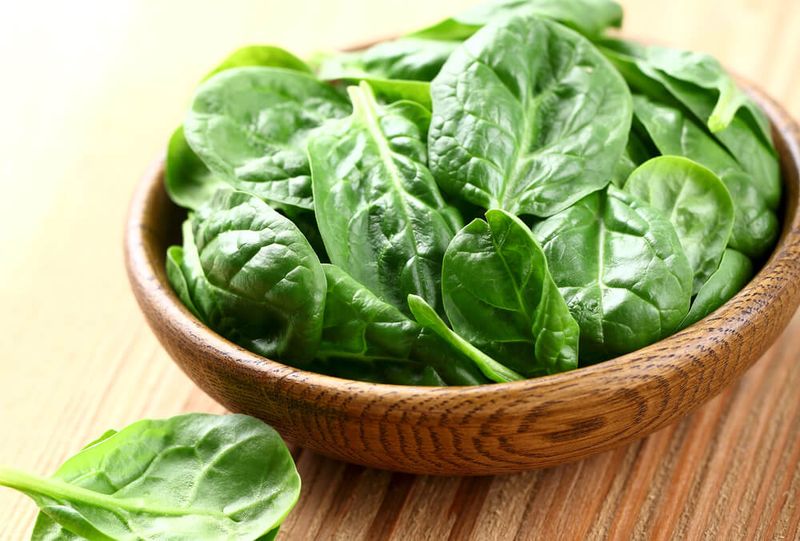
Leafy green and oh-so-good, spinach is a nutrient-rich staple that should be in everyone’s diet. Its alkaline nature makes it an ideal choice for those suffering from heartburn. Spinach is rich in iron, calcium, and vitamins that support overall health.
Whether you toss it into a salad or incorporate it into your morning omelet, spinach is versatile and delicious. Its mild flavor complements many dishes, making it easy to include in daily meals.
Fun fact: Spinach was the first frozen vegetable to be sold commercially in the United States.
Cucumbers
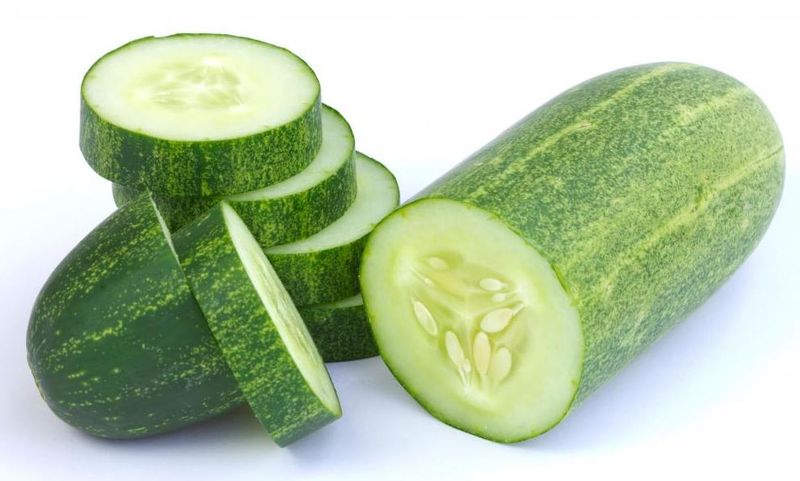
Crisp and refreshing, cucumbers are perfect for snacking and salads alike. Known for their high-water content, they help keep you hydrated while soothing the digestive tract. Their alkaline nature makes them an excellent choice for reducing heartburn symptoms.
Slice them thin and add a bit of salt for a quick snack or incorporate them into your favorite salad. Cucumbers are not only tasty but also very low in calories, making them a guilt-free choice.
Did you know? Cucumbers belong to the same family as watermelons and pumpkins.
Melons
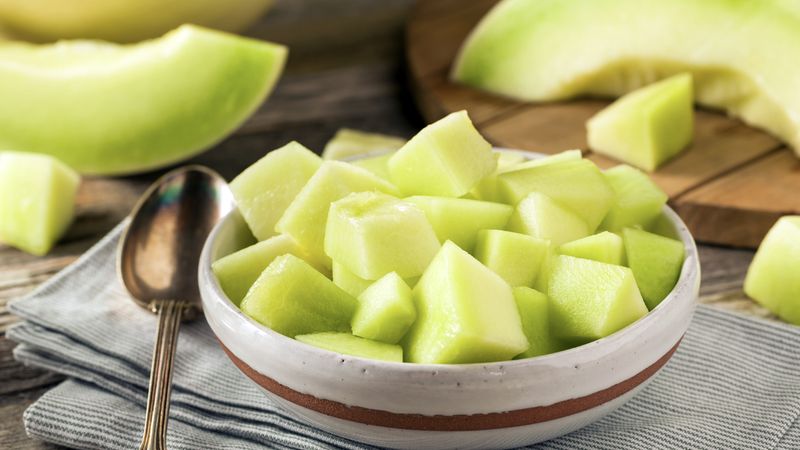
Sweet and juicy, melons like cantaloupe and honeydew are delightful on a warm day. Their high-water content and alkaline properties help soothe heartburn and leave you feeling refreshed. Rich in vitamins like A and C, they also offer immune support.
Enjoy a bowl of mixed melon cubes for a hydrating snack or dessert. Their natural sweetness can satisfy sugar cravings without any added sugars.
Fun fact: The ancient Egyptians considered melons a sacred fruit due to their nutritious and hydrating properties.
Oatmeal
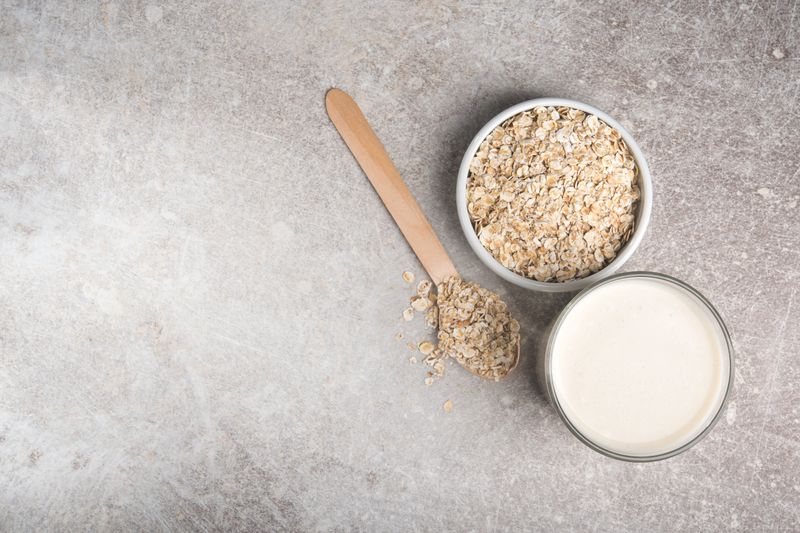
Comforting and heart-healthy, oatmeal is a breakfast staple that also relieves heartburn. Its high fiber content helps regulate digestion and maintain a feeling of fullness. Oatmeal’s neutral pH level makes it a perfect choice for easing acidity.
Top your oatmeal with fruits like bananas or berries for added flavor and nutrition. Its warmth and texture are perfect for starting the day on a comforting note.
Did you know? Oats have been cultivated for over 2,000 years and are often praised for their cholesterol-lowering benefits.
Fennel
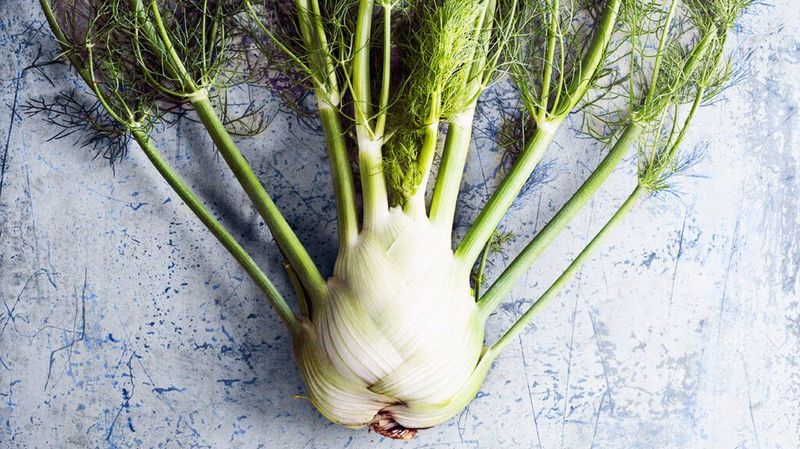
With its unique flavor and crunchy texture, fennel is a culinary delight with medicinal benefits. Its alkaline properties make it an effective remedy for heartburn. Fennel’s natural compounds help soothe the digestive tract and reduce inflammation.
Slice fennel thinly and add it to salads or roast it for a caramelized treat. The licorice-like taste adds a refreshing twist to your meals.
Interesting fact: In ancient times, fennel was used as a symbol of victory by Roman warriors, who believed it gave them strength.
Celery

Celery is not just a crunchy snack; it’s a hydrating hero for heartburn sufferers. Naturally alkaline, celery helps neutralize stomach acids, providing relief from discomfort. Its high-water content aids in flushing toxins and maintaining hydration.
Enjoy celery sticks with a light dip or add them to your salads for extra crunch. Celery leaves can also be used as a flavorful garnish.
Fun fact: Historically, celery was used as a medicinal herb in ancient Greece and Rome, prized for its healing properties.
Papaya
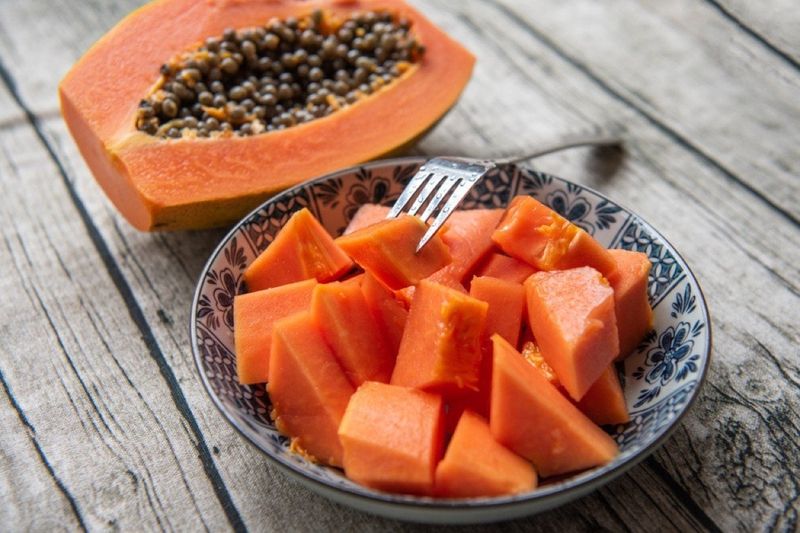
Tropical and luscious, papaya is not just a treat for the taste buds but also a friend to your stomach. The enzymes in papaya aid digestion and reduce heartburn symptoms. Its alkaline nature makes it a comforting choice for those with sensitive digestion.
Enjoy papaya fresh, or blend it into smoothies for a taste of the tropics. Its sweet and juicy flesh pairs well with a squeeze of lime.
Did you know? Papaya was called the “fruit of the angels” by Christopher Columbus, who adored its flavor.
Avocado
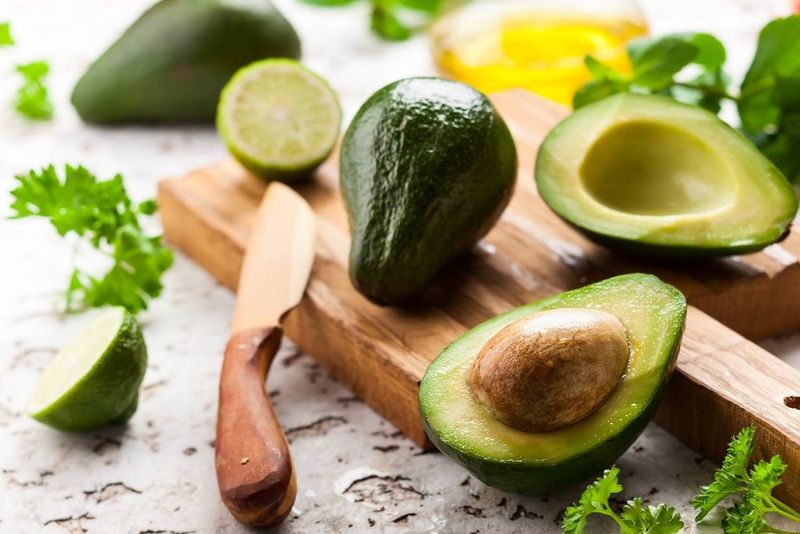
Creamy and nutrient-dense, avocados provide a delicious way to combat heartburn. Their healthy fats help balance stomach acidity, while their alkaline properties soothe the digestive system. Rich in vitamins like E and K, avocados are also great for skin health.
Mash it onto toast, or slice it into salads for a creamy addition. Avocado’s versatility makes it easy to include in various meals.
Fun fact: Avocados were once called “alligator pears” due to their rough skin and shape resembling a pear.
Basil
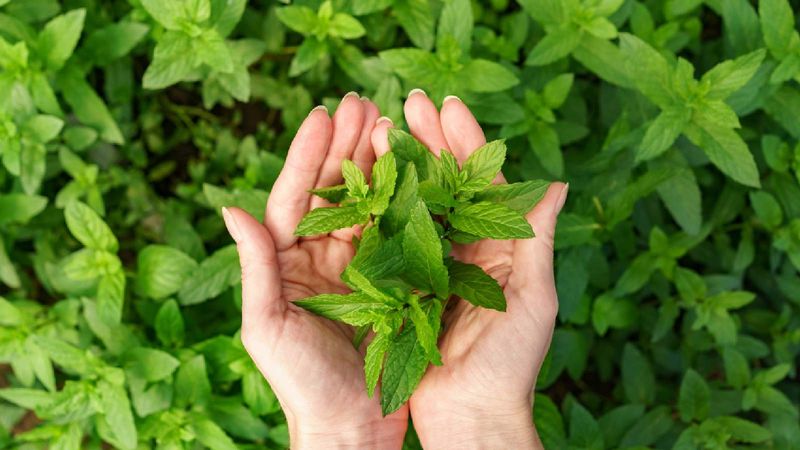
Aromatic and flavorful, basil is a culinary herb with hidden benefits for heartburn sufferers. Its alkaline nature helps neutralize acidity, offering relief from discomfort. Rich in antioxidants, basil also supports overall health and well-being.
Add fresh basil to your pasta dishes or salads for an aromatic lift. Its distinctive flavor can enhance many Italian and Mediterranean recipes.
Fun fact: In ancient Greece, basil symbolized love and was considered a sacred herb, often grown in sacred gardens.
Leave a comment